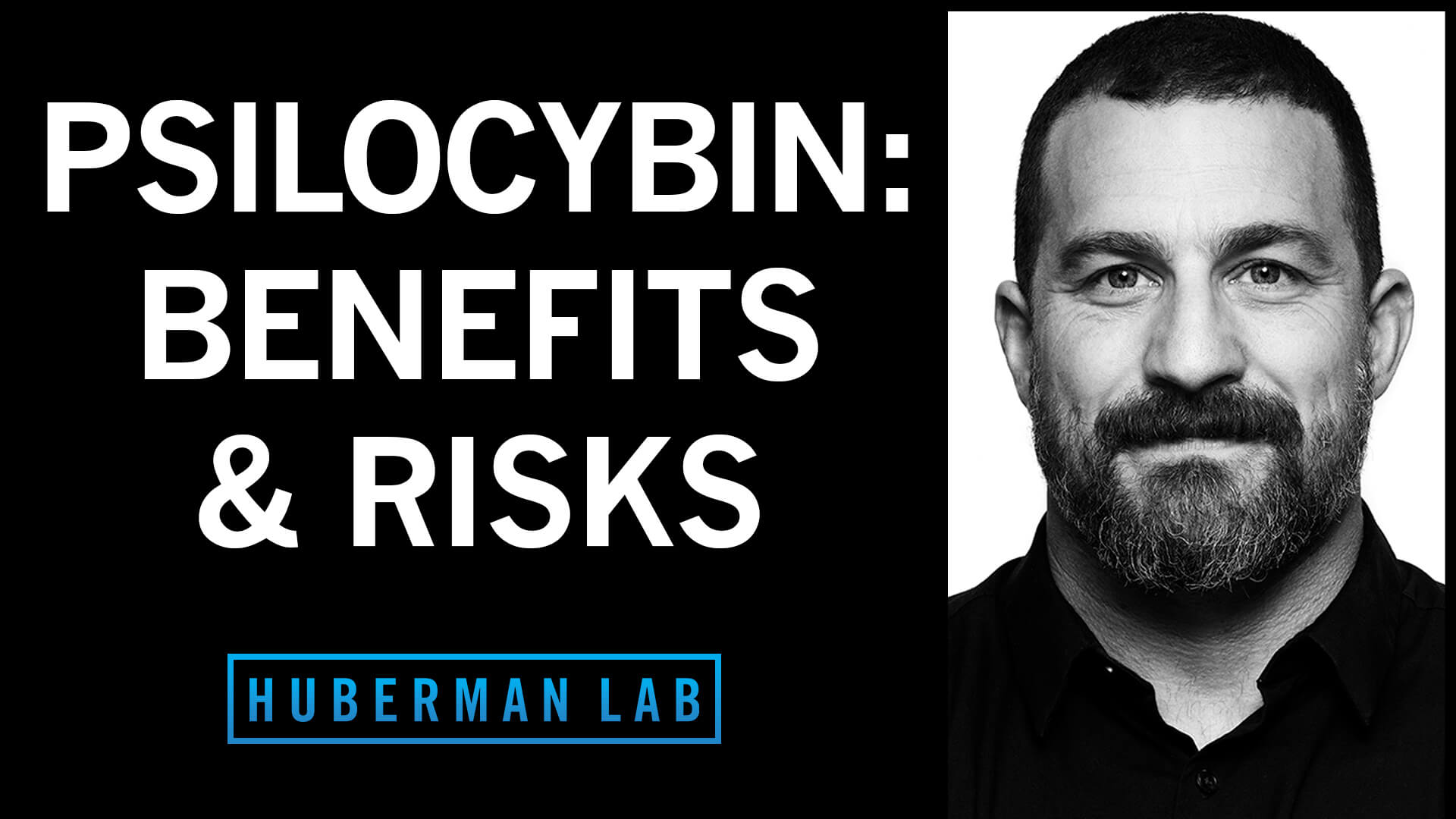
The Brain and Neuroplasticity
Neuroplasticity, a central concept in neuroscience, refers to the brain’s ability to strengthen existing neural networks, form new connections between neurons, and generate new neurons (through neurogenesis) in response to stimuli and experience. These brain changes occur when learning new information or a new skill, engaging in activities and experiences that are novel or challenging, or recovering from a brain injury such as concussion or stroke.
It was previously thought that neuronal plasticity occurred only during childhood and adolescence and that the adult brain was not capable of significant change. However, neuroscientists now recognize that the capacity for neuroplasticity is not age-related — the human brain has the ability to change throughout the lifespan. However, while a developing brain can undergo adaptive structural changes with even passive exposure, older adults need to intentionally engage with stimuli and experiences (such as reading, socializing or learning new skills) for plasticity to occur.

- Overview
- Watch Now
Learn about The Brain and Neuroplasticity
- Guest Experts
- Resources
- FAQs
- Related Topics
Table of Contents
- Overview
- Watch Now
Learn about The Brain and Neuroplasticity
- Guest Experts
- Resources
- FAQs
- Related Topics
Watch Now

Dr. David Yeager: How to Master Growth Mindset to Improve Performance
In this episode, my guest is Dr. David Yeager, Ph.D., professor of psychology at the University of Texas, Austin, and the author of the forthcoming book "10 to 25.”
Learn about The Brain and Neuroplasticity
The Science of Neuroplasticity
Neural plasticity is an experience-dependent process of the strengthening or weakening of synaptic connections across various areas of the brain, including the hippocampus and motor cortex. At the cellular level, the reorganization and rewiring of neural connections is possible due to morphological (structural) changes in the brain cells themselves. These changes in brain structure include the growth of new dendritic spines, the remodeling of axonal pathways and the modification of synaptic receptors, which enable more efficient neural communication.
Brain plasticity is integral to brain development in children, as a child’s nervous system encounters a vast amount of input by simply engaging with the environment. This high capacity for structural plasticity helps children learn a new language or skill more easily and passively compared to adults and is also why early interventions for addressing trauma, mental health concerns and learning deficits can be so impactful for young children.
Developmental vs. Adult Neuroplasticity
From Episode
Science-Based Mental Training & Visualization for Improved Learning
Neurogenesis (New Neuron Production) in Adults
From Episode
Dr. Wendy Suzuki: Boost Attention & Memory with Science-Based Tools
Tool: Cardiovascular Exercise & Neurogenesis
From Episode
Understand & Improve Memory Using Science-Based Tools
Explore:
How to Learn More Effectively
Learning new information or new skills requires synaptic plasticity in order to retain and later recall that which has been recently learned. Understanding and utilizing the mechanisms of neuroplasticity can result in more effective and efficient learning.
First and foremost, following protocols that support brain health and good cognitive function set the foundation for neuroplasticity to occur. Physical exercise — particularly cardiovascular exercise — improves blood flow to the brain and boosts levels of brain-derived neurotrophic factor (BDNF), which supports the growth and resilience of neurons. Sleep is another critical factor: the actual strengthening and weakening of the connections between neurons made during a bout of learning occurs predominantly during sleep. Rapid eye movement (REM) sleep and deep sleep are particularly important for consolidating new information, memory formation and reorganizing neural pathways.
During a bout of learning, spaced repetition and active recall enhance memory by regularly challenging the brain to retrieve information, strengthening neural pathways in the process. Additionally, minimizing distractions in the environment and dedicating time to focused, deep work is required for neuroplasticity in adults.
Learning & Neuroplasticity
From Episode
Optimal Protocols for Studying & Learning
An Optimal Learning Protocol
From Episode
Using Cortisol & Adrenaline to Boost Our Energy & Immune System
Tools: Study Habits of Successful Students
From Episode
Optimal Protocols for Studying & Learning
Explore:
Psychedelics: Science and Therapies
Psychedelics like psilocybin, LSD, and ketamine have garnered scientific attention for their profound effects on neuroplasticity. Under the influence of psychedelics, brain regions that typically don’t communicate much with each other become more integrated, which can persist even after the effects of the psychedelic have worn off. Psychedelics also stimulate the production of neurotrophic factors like BDNF, which supports the growth of new synapses, enhancing plasticity.
The increased plasticity from psychedelics facilitates emotional processing, generating new perspectives on past experiences and the breaking of maladaptive thought patterns. Research suggests that psychedelics create a critical period of heightened adaptability, allowing individuals to get “unstuck” from otherwise rigid modes of thinking and integrate therapeutic insights more effectively. Growing research suggests that psychedelics can be a promising clinical tool for treating depression, PTSD and addiction.
Disclaimer: Psychedelic research is an emerging field, and findings are still evolving. In many parts of the world, psychedelics remain illegal, and their use carries potential risks. Any consideration of psychedelic usage should be approached with caution, within legal parameters, and only under the guidance and supervision of a qualified physician or licensed professional.
MDMA vs Psychedelics vs Ketamine
From Episode
The Science of MDMA & Its Therapeutic Uses: Benefits & Risks
NMDA Receptor & Neuroplasticity
From Episode
Ketamine: Benefits and Risks for Depression, PTSD & Neuroplasticity
Neuroplasticity, Structural Brain Changes & Psilocybin
From Episode
How Psilocybin Can Rewire Our Brain, Its Therapeutic Benefits & Its Risks
Explore:
Guest Experts
Resources
Articles & Research Papers
- Neurogenesis in the adult human hippocampus (Nature Medicine)
- Brief, daily meditation enhances attention, memory, mood, and emotional regulation in non-experienced meditators (Behavioural Brain Research)
- The use of functional and effective connectivity techniques to understand the developing brain (Developmental Cognitive Neuroscience)
- Adverse Life Experiences and Brain Function: A Meta-Analysis of Functional Magnetic Resonance Imaging Findings (JAMA Network Open)
- MDMA-assisted therapy for severe PTSD: a randomized, double-blind, placebo-controlled phase 3 study (Nature Medicine)
- Effects of Psilocybin-Assisted Therapy on Major Depressive Disorder (JAMA Psychiatry)
- Therapeutic use of psilocybin: Practical considerations for dosing and administration (Frontiers in Psychiatry)
- Psychedelics and Neuroplasticity: A Systematic Review Unraveling the Biological Underpinnings of Psychedelics (Frontiers in Psychiatry)
- The neural basis of psychedelic action (Nature Neuroscience)
- The effects of psilocybin and MDMA on between-network resting state functional connectivity in healthy volunteers (Frontiers in Human Neuroscience)
- Structure-based discovery of nonhallucinogenic psychedelic analogs (Science)
- Antidepressant effects of ketamine in depressed patients (Biological Psychiatry)
Books & Additional Resources
- Deep Work: Rules for Focused Success in a Distracted World (Book by Dr. Cal Newport)
- Multidisciplinary Association for Psychedelic Studies (MAPS)
- Huberman Lab Episode — Dr. Matthew Johnson: Psychedelic Medicine
Note: Books listed here may include Amazon affiliate links, which provide a small commission to support the podcast at no additional cost to you.
Note: Unless explicitly noted, Huberman Lab has no financial relationship with the additional resources listed.






































